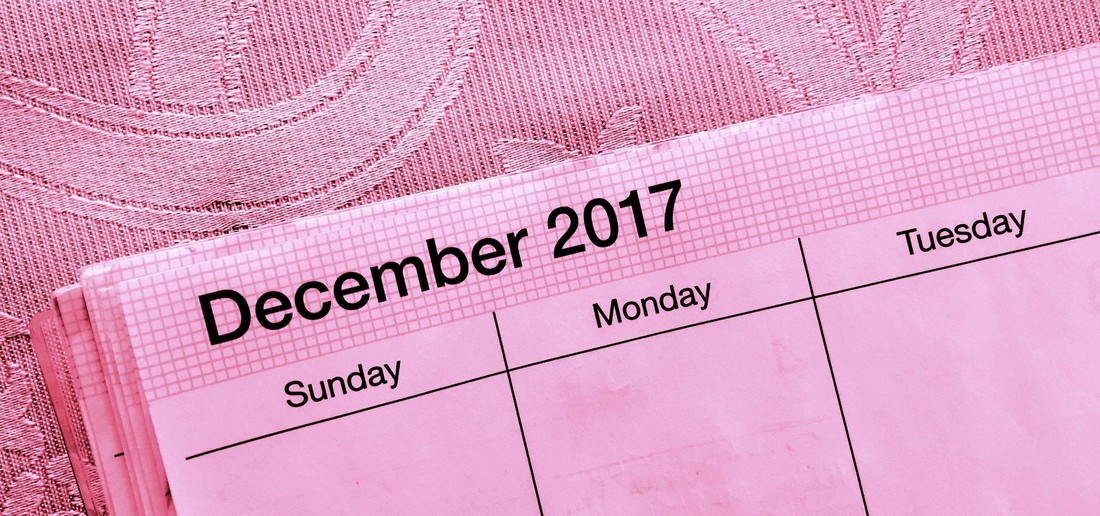|
This being the month after NaNoWriMo, I think we should designate December as NaNoEdMo: National Novel Editing Month. Yeah, maybe not as sexy as “national novel writing month.” But probably as important. Boiled down to essentials, the fundamentals of having a strong manuscript are: Rule #1: Have good stuff. Rule #2: Don’t have bad stuff. It’s important to note that—primarily—#1 comes from writing and #2 from editing. To clarify terms: By good stuff we mean the generally-agreed-upon basics of quality fiction: characters we care about, interesting plot, believable dialog, well-paced scenes, an ending that resonates, etc. All of these hopefully combine to make the reader feel something. By bad stuff we mean overwrought dialog, inconsistent characters, illogical plot points, rambling scenes, lack of thematic through-line, and plot threads that are left un-resolved. And boring. Boring is worst of all… By writing, we mean the initial writing to the point where we feel the story is complete and we are no longer actively adding to it. Frequently accompanied by the initial euphoria of “I’m done!” By editing, we mean “re-writing as done by the author,” as opposed to the editing done by an editor after the author has done copious revising and feels the manuscript is finally submittal-worthy. It’s also important to note that #1 and #2 above—as similar as they seem--are completely different. Having good stuff actually has very little to do with not having bad stuff. Largely because they require different mindsets to accomplish. Especially for the newer writer. When we first attempt to write we start out writing bad stuff almost exclusively. Because we don’t yet have the skill to write good stuff. Then as we improve our craft—largely through writing a lot and reading even more—we finally learn to write in coherent sentences and create believable character and construct an interesting story. Yay—good stuff! But guess what? In between the good parts we still have bad parts. And the bad parts aren’t always obvious to us when we’re actively writing. Because as we’re writing, our minds are in the story and its creation (as they should be). And because we’re enthralled with the occasional well-turned sentence or evocative scene. But the downside of being lost in the wondrousness of our own creation is that we don’t notice the bad stuff… the overwrought dialog, the inconsistent characters, the illogical plot points, the rambling scenes that don’t really serve the story. Or if we do notice it, we forgive it because right after it… hey look--squirrel! I mean, good stuff! So our newly-created manuscript seems wonderful, and after a quick pass through it (typically just fixing obvious blunders and spell-checking it), sometimes the temptation to “just press publish” is too great, and there it goes—off to an agent or an editor or to join the raft of self-published works currently sailing the salty seas of Amazon. This tendency—this failure to see the revision process as an integral part of the writing process—leads to what Chuck Wendig lovingly refers to as the “shit volcano” currently extant on Amazon Kindle. Flaming fecal fountains notwithstanding, there’s some very good writing in the indie field. I try to read broadly in the YA arena—not just the obvious buzz books and best sellers—and I’ve read quite a few indie novels recently, along with a slew of traditionally published works. Overall I’d say the best parts of the indie books are typically on par with the best parts of the trad books. But they occasionally seem to have a slightly higher percentage of not-so-good writing per book, diluting the good stuff. More than once I’ve come across a 400 page self-pub’d book and thought it would make a really strong 350 page book with some judicious revision. This isn’t a diatribe against indie publishing. At all. If it fits you and your skillset(s), self-publishing your work can be a wonderful option. When writers ask me about it at book signings and such, my general response is to say "Don't even think about it until the manuscript is completely submittal-worthy." As an author there should be zero difference between self-publishing, small press publishing, or Big-5 publishing until the day you finally deem the manuscript good enough to send off. (The difference at that point simply being who you send it to.) But up until then, the goal is exactly the same—create the strongest manuscript possible. Period. And an essential step in that process is taking your newly “finished” manuscript and—after a break to allow you to get out of writer mode and into editor mode—looking at it with fresh eyes, rewriting anything that doesn’t really sing to you as a reader… and tightening, trimming, or brutally slashing anything that has even a whiff of being superfluous. Or worse, boring. Remember, having good stuff is not enough. We also need to not have bad stuff. NaNoEdMo!
1 Comment
Eric
12/15/2017 03:34:43 pm
Enjoyed the article. Thanks!
Reply
Leave a Reply. |
The Craft and Business of
|

 RSS Feed
RSS Feed